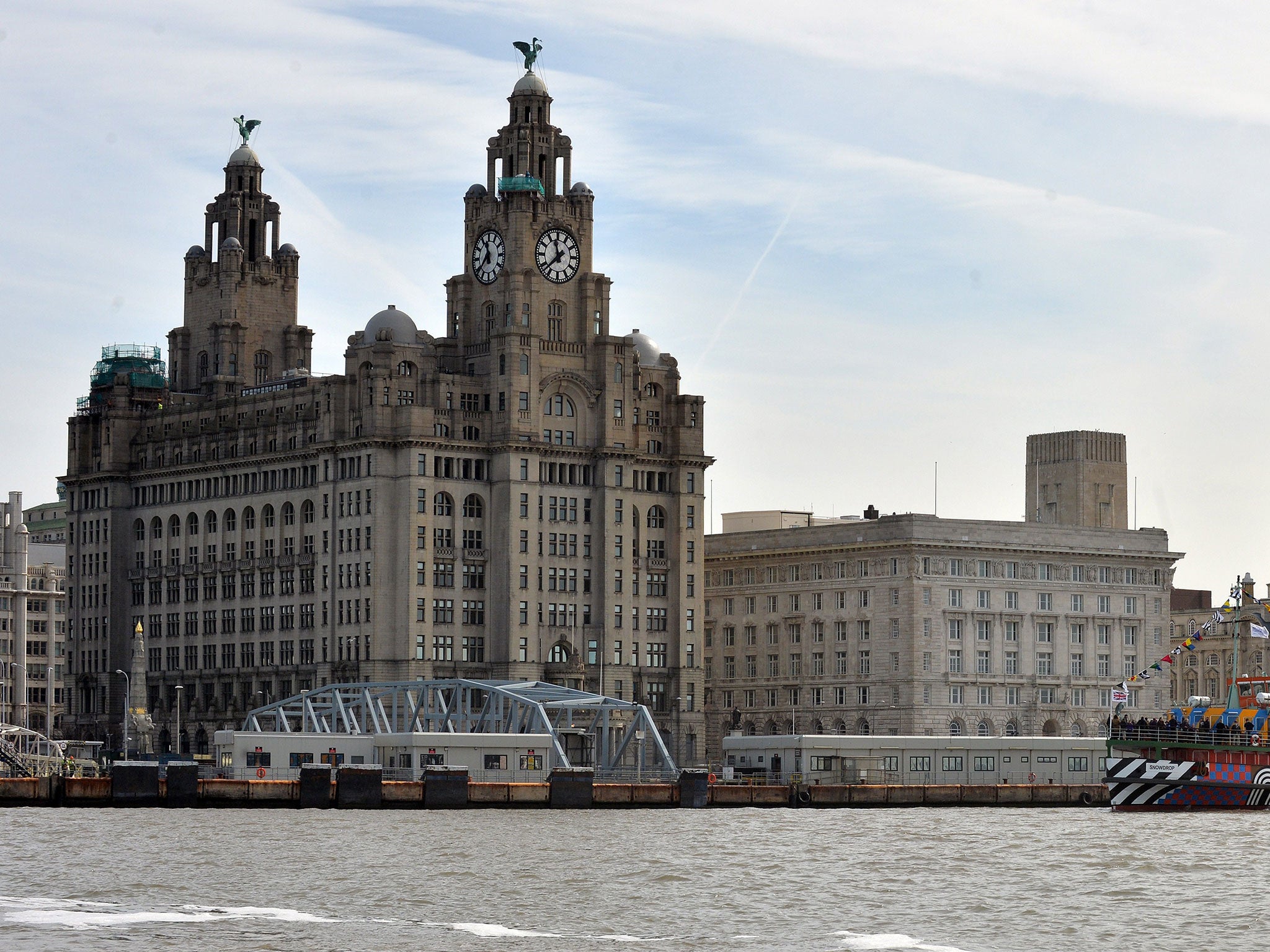London has some lessons to learn from Liverpool - starting with how to regenerate without gentrifying
As a Scouse fundamentalist, I have some home truths to share

This summer I attended Sound City, a music festival located in one of Liverpool’s old dock yards. The bands played inside hollowed out warehouses that once held coal shipped down from Lancashire and on the last night, Wayne Coyne from the Flaming Lips released gigantic silver helium balloons that read ‘Fuck Yeh Liverpool’ over the dusk lit Mersey and I thought to myself: ‘ Fuck yeh, Liverpool, you’re doing okay.’
Today, I had the same little lump in my throat that comes in moments of intense Scouse pride, when I heard that Liverpool’s waterfront had been named as England’s ‘greatest place’ after winning a nationwide completion organised by the Royal Town Planning Institute.
The waterfront is a mix of museums, old docks, a ferry port and flocks of angry seagulls eating discarded McDonald’s chips. I mean, as far as waterfronts go, it’s alright. Compared to the other places on the list – leafy Oxfordshire and the rolling hills of the Peak District, it’s not that much to look at.
But as a Scouse fundamentalist, I know that Liverpool didn’t win this award on aesthetics alone. The waterfront is a place of civic pride for Liverpudlians. It has been a battle ground on which the city has faced its most challenging moments.
From the decline of the ship yards in the 1970s, to the mass unemployment caused by the demise of the industries located on the waterfront, to the Dockers’ Strikes of the 1990s, the area has seen its fair share of strife. Liverpool was by many people’s standards, a dump during those years. So much so, that the Conservative government considered abandoning Liverpool to a fate of "managed decline" after the Toxteth riots in 1981.
During this time, the waterfront was not somewhere you would take your kids for a day trip - unless you were my dad, that is. I was dragged on the ferry over the Mersey every summer to New Brighton, and if you want any insight into these glory days, just take a look at Martin Parr’s photos of the litter filled Mersey and dodgy perms.
Over the years, I swapped my dad’s company for the disgruntled goths who used the waterfront, located far from the town centre and prying eyes of parents who were shopping at M&S, as the stage for their teenage angst. With the concerted effort made to regenerate the city, the topography began to change and in 2004 the area was made a UNESCO World Heritage site and in 2008 the city became Capital of Culture – with festivals, music venues, art studios and galleries popping up in the industrial warehouses that had lay fallow for so long.
Liverpool is a city as its Mayor Joe Anderson put it, doesn’t stand still. It has kept moving forward, but in doing so, it has never lost sense of its authenticity. Unlike London’s Southbank, regeneration has not lead to gentrification. The area has remained a social melting pot of working class families on day trips to The Museum of Liverpool and middle class modern art enthusiasts visiting The Tate. This mix is celebrated with this year’s Turner prize being awarded to a London based architecture collective who regenerated a derelict street in Toxteth.
Today marks yet another well-deserved achievement for my motherland. London with its incessant drive toward economic development and commodification of space would do well to look to Liverpool’s example.
Urban planning with a city's heritage and culture in mind proves that we can regenerate cities in a way that is not at the expense and exclusion of its residents. Battles have been lost over the docks in the past, but this time we won.



Join our commenting forum
Join thought-provoking conversations, follow other Independent readers and see their replies